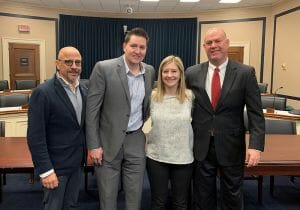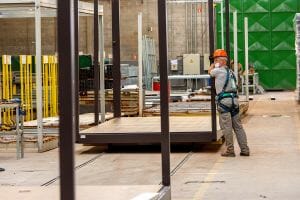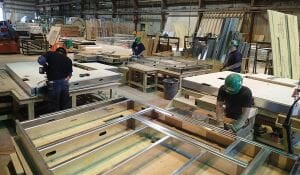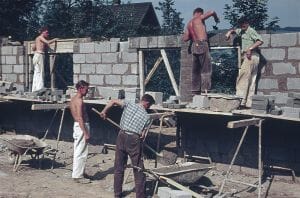A Huge Win for the Modular Construction Industry in Massachusetts
In early February, the Massachusetts Board of Building Regulations and Standards (BBRS) released its proposed 10th Edition building codes. This draft included several amendments targeting modular construction that would have created an extremely difficult environment for the entire modular industry and could have eliminated the industry entirely in the state.
The BBRS amendments included:
- Requiring manufacturers to obtain a Manufactured Building Certificate by taking a class that doesn’t exist yet;
- Requiring modular set crews and general contractors that do modular on-site work to obtain a Manufactured Buildings Installer Certificate by taking another class that doesn’t exist yet;
- A provision to require the set crew to shut down a project if a “perceived” code violation is noticed, and to call a registered design professional to get a written report on how to address the issue;
- New quality assurance manual requirements;
- New manufacturer certification requirements;
- New more stringent labeling procedures; and
- New more stringent labeling records.
MBI immediately crafted a multifaceted strategy to defeat these amendments. Lead by its Government Affairs Director, Jon Hannah-Spacagna, and its Executive Director, Tom Hardiman, MBI worked with members to provide written comments to the Board in opposition to the proposed changes and both Hannah-Spacagna and Hardiman testified during the public hearings.
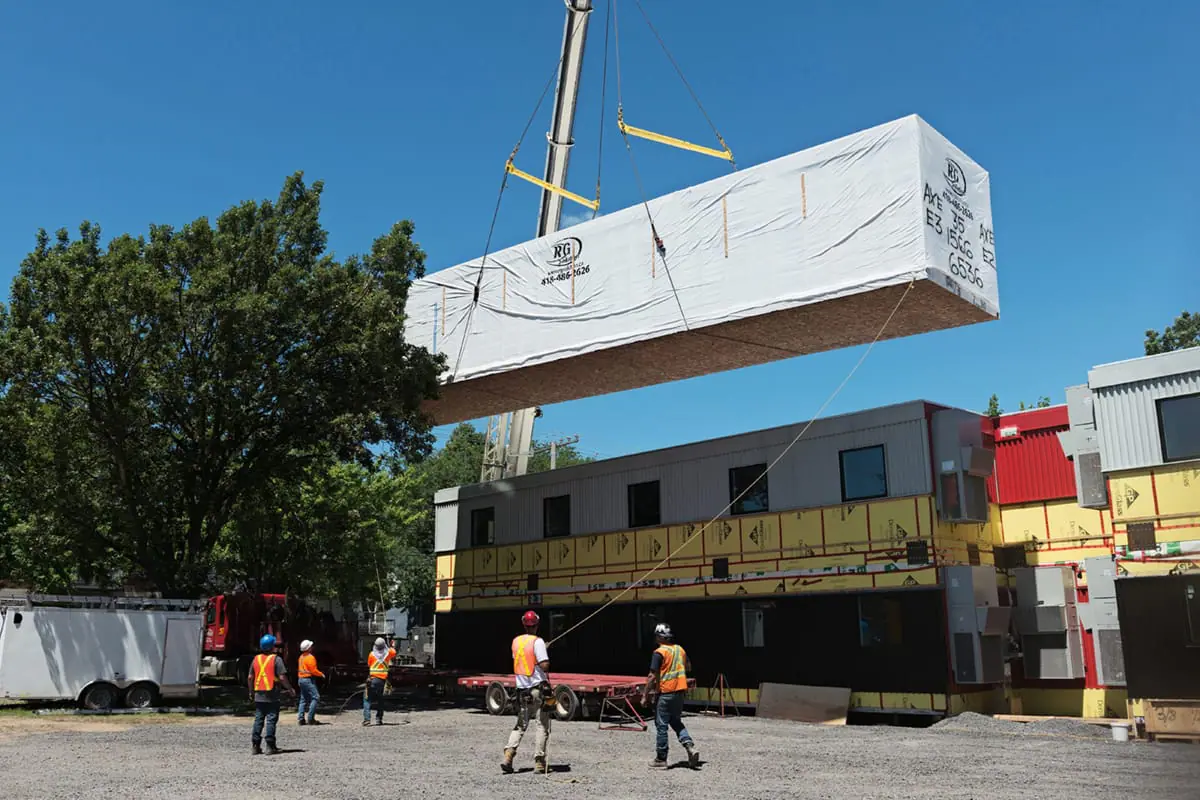
Additionally, MBI worked with its lobbying firm, Squire, Patton, Boggs, to connect with the Governor’s office to gain support for the industry. The Governor then spoke with the modular program administrator to voice our concerns over these new regulations. “When we have serious threats to our industry from a regulatory or legislative situation, we have to work every angle to have the best chance of a positive result,” said Hannah-Spacagna.
During the BBRS hearing on April 9, the Board discussed the proposed amendments as well as the public comments it received. The Board mentioned this topic received more public comments than any other and even referenced MBI and many of our members specifically in their summary of the comments.
Ultimately, the Board voted unanimously to reject all the amendments related to modular and to revert to the 9th Edition language moving forward. However, they do plan to form a study group to discuss the amendments but committed to include representation from the modular industry in this group. Jon has already contacted BBRS Chairman, Richard Baldacci, and offered to serve on this study group.
As our industry continues to grow, the industry will see more attacks like this. We ask that you support our MAP program so we’re able to project our industry. The most significant attacks to our livelihood are the ones we don’t know about yet. So, we must be prepared to act quickly when these issues arise.
Additional Government Affairs Articles
MBI Delegation Briefs Congressional Staff on the Negative Impacts of the Davis-Bacon Act Expansion
On a recent call with the White House’s Office of Information and Regulatory Affairs (OIRA), several MBI members provided testimony about the potential impact expanding the Davis-Bacon Act would have on their company and the industry.
Read Complete ArticleMBI Members Provide Testimony to White House Regarding Concerns of Davis-Bacon Act Expansion
On a recent call with the White House’s Office of Information and Regulatory Affairs (OIRA), several MBI members provided testimony about the potential impact expanding the Davis-Bacon Act would have on their company and the industry.
Read Complete ArticleMBI Secures NY Governor Veto On Bill Targeting Modular Industry
A large fleet owner member of MBI was recently delayed in Georgia due to the state’s confusion over the details of the International Building Code. According to the company’s regional general manager, “The feedback we got was, ‘Your plans are not up to date, you need to bring them up to code.’”
Here’s how MBI was able to correct the state’s misunderstanding.
Read Complete ArticleWhat is the Davis-Bacon Act and How Does it Affect Modular Construction?
Adopted in 1941, the Davis-Bacon Act was written long before the modular construction industry gained momentum. Now, the US Dept. of Labor is considering applying the law in ways that will seriously curtail the use of modular construction for federal and state projects.
Read Complete Article
